Oblivious: Los Angeles voters, students uninformed about local politics
Almost four months after the 2016 presidential election, polling places all around Los Angeles County set up shop again.
On Tuesday, March 7, Angelenos cast their ballots in the Los Angeles consolidated municipal and special elections, but voter turnout was extremely low. Additionally, an Oracle survey suggests that Archer girls are similarly disengaged from local politics.
On the Ballot
There were 17 seats up for election, including for mayor, city council, Board of Education, College Board of Trustees seats and for City Attorney and City Controller. Incumbents were seeking re-election in all but two races — the District Seven City Council Seat, vacated in 2016 by Felipe Fuentes, and the seat number two on the Board of Trustees.
Those are also the only two positions that will advance to the general election.
The Los Angeles Times endorsed mayor Eric Garcetti, as well as the incumbent Bob Blumenfield of District three, Paul Koretz of District five, Mike Bonin of District 11, Mitch O’Farrell of District 13 and Joe Buscaino of District 15.
Mayor Eric Garcetti won his reelection, receiving 202,278 votes. Mike Bonin of District 11 won 70 percent of the votes.
In addition, LA City voters decided on four initiatives.
Measure S, known as the Neighborhood Integrity Initiative, lost by almost 100,000 votes. The measure sought to change city legislation about development by limiting construction. Supporters of the measure state that voters needed to take back excessive power granted to developers, while opponents said that homelessness and rent will increase if housing construction is halted.
Measure P, a measure to increase the length of harbor department leases from 50 years to 66 years, won by almost 80,000 votes. The Los Angeles County Democratic Party endorsed this measure, along with the LA Times.
Two additional measures, M and N, encouraged taxation and regulation of Marijuana. Almost 80% of voters voted yes on Measure M, while 63.7% voted no on Measure N.
Measure M favored a city council-driven approach, while Measure N relied on a citizen-driven initiative. Measure M will allow the city council to regulate and tax marijuana in light of Prop. 64, which legalized recreational marijuana use statewide. Measure N would have prevented the mayor and city council from changing the marijuana regulations from those established in the proposition.
In total, 379,005 LA County voters voted yes for another initiative, Measure H, a county ballot measure to raise the sales tax by a quarter-cent for ten years to fund homeless services.
More official results are available on the Ballotpedia website.
Uninformed Angelenos
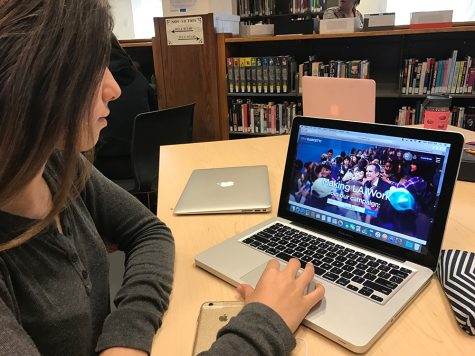
Siena Mizel ’20 browses Mayor Eric Garcetti’s campaign website. Unlike Mizel, many Archer girls remain unaware of the election that took place.
Despite the positions and measures on the ballot that will have major impacts on the lives of Angelenos, voter turnout was low at 11.45 percent. In an LA Times article by Michael Finnegan called “Election? What election? Apathy abounds as L.A. votes,” Finnegan interviews many voters who are unaware of the election or who the mayor of Los Angeles is.
As Finnegan reports, this lack of local political interest is perhaps due to exhaustion from the 2016 presidential race or the decreasing amount of media coverage.
There has been a trend of low voter participation in the past. In 2013, Garcetti won mayor with only 222,300 votes. Of the 1.8 million registered voters, only 419,592 cast a ballot.
This is a significantly low percentage compared to the almost 750,000 people who attended the Los Angeles Women’s March.
The LA Times acknowledged that city voters have approved a change in the election calendar to increase voter turnout. Beginning in 2020, LA, state and federal contests will coincide in even-numbered years, with a primary in June and general election in November.
Archer is among the institutions that will be impacted by the results from the primaries, but there is a significant lack of knowledge about the election and local politics in general amongst students. Freshman Siena Mizel said that girls understand the importance of being engaged in local politics, but it isn’t stressed or “advertised” as much as national politics.
“I think it is important for everyone to get involved in politics on a local level, because [it] directly impacts our daily lives — our school education, our neighborhoods,” Mizel said. “I just don’t think it is something that is advertised in our community, especially at school.”
According to an in-person survey conducted by the Oracle of 70 random respondents, 10 per grade, only 27 percent of middle schoolers were aware of this municipal election. None of the middle school respondents were able to name the city council-member of Brentwood, the council member of their own district or either of California’s senators.
Only 17 percent of the upper schoolers were aware of the primary election, and 55 percent of girls did not know who the mayor of Los Angeles is, much less Brentwood’s councilman. Of the people surveyed, Siena Mizel was one of the only freshmen who knew Mayor Garcetti’s name.
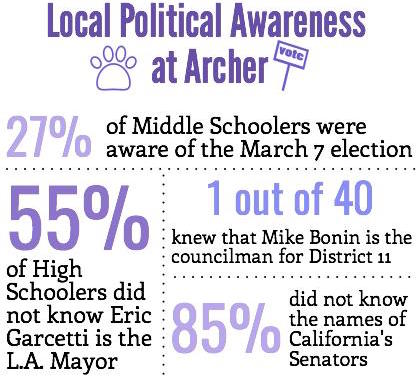
Located in the 11th District of Los Angeles, Brentwood is currently represented by Mike Bonin. He won reelection against Venice residents Mark Ryavec and Robin Rudisill.
Showing how this election relates to the Archer community, Councilman Bonin supported Archer Forward. However, in a phone interview, his opponent Ryavec shared his perspective on the Archer Forward plan, stating it was “ill-advised.”
“I don’t think that the Sunset Corridor can [take] any more traffic,” he said, adding that Archer should not expand without having the capacity.
Councilman Bonin and Rudisill did not respond to a request for an interview.
Despite the impact the election could have on their daily lives, Archer girls do not appear to be engaging in politics at the local or even state level. They remain uninformed about the people representing them in office and the policies they stand for because it is not emphasized in school.
“Most of our history classes are learning about the past — not the present — except for our ninth grade history class, [Understanding the Contemporary World],” Mizel said. “It’s something we don’t talk about as much.”
Upper School Director Samantha Coyne Donnel was “surprised, but not surprised” by the results of the survey. She agrees that local politics are not stressed as much in the curriculum.
“I don’t know where [local politics] plays in, unless history teachers are choosing to bring that into the classroom … We get really focused on higher government, on presidential elections, but when you think about what impacts us the most — [it’s] the city,” Coyne Donnel said.
Even though local politics is not explicitly covered in class, democracy and voting is stressed.
“I think students are aware … that it is important to vote, it is important to use your voice … but I think we could couple that more with being more aware of local politics in your city,” she said.
Coyne Donnel wants to do more to make sure girls are aware of local politics, without having to change the curriculum, such as leading a Community Connections about the election.
“I think there are ways we can go about it to just introduce students to this on a smaller level,” Coyne Donnel said.
Coyne Donnel shared her beliefs on the importance of voting and being an informed citizen.
“I think it’s important to understand as a citizen, that [you’re] not just impacted by federal law, but state laws, city laws,” she said. “As a citizen it’s important to use my voice in any opportunity that I have.”
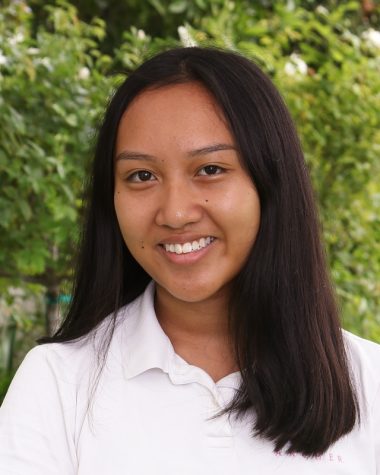
Cat Oriel joined the Oracle staff as a contributing writer in 2015, was promoted to Voices Editor in 2017 and is now the News and Features Editor. She...

Anna Brodsky joined the Oracle staff in 2016. She took a hiatus for the 2017-2018 school year to fulfill her art credit by serving as copy editor for the...




![Freshman Milan Earl and sophomore Lucy Kaplan sit with their grandparents at Archer’s annual Grandparents and Special Friends Day Friday, March 15. The event took place over three 75-minute sessions. “[I hope my grandparents] gain an understanding about what I do, Kaplan said, because I know they ask a lot of questions and can sort of see what I do in school and what the experience is like to be here.](https://archeroracle.org/wp-content/uploads/2024/03/grandparents-day-option-2-1200x800.jpg)
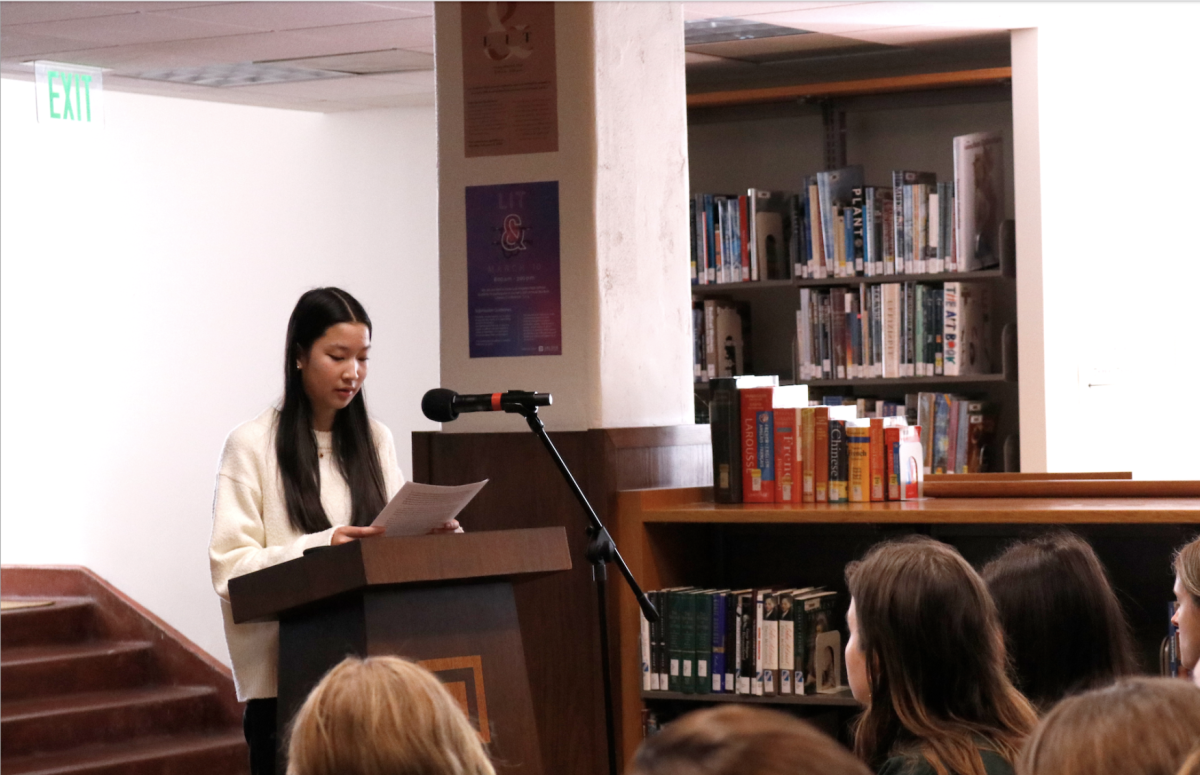








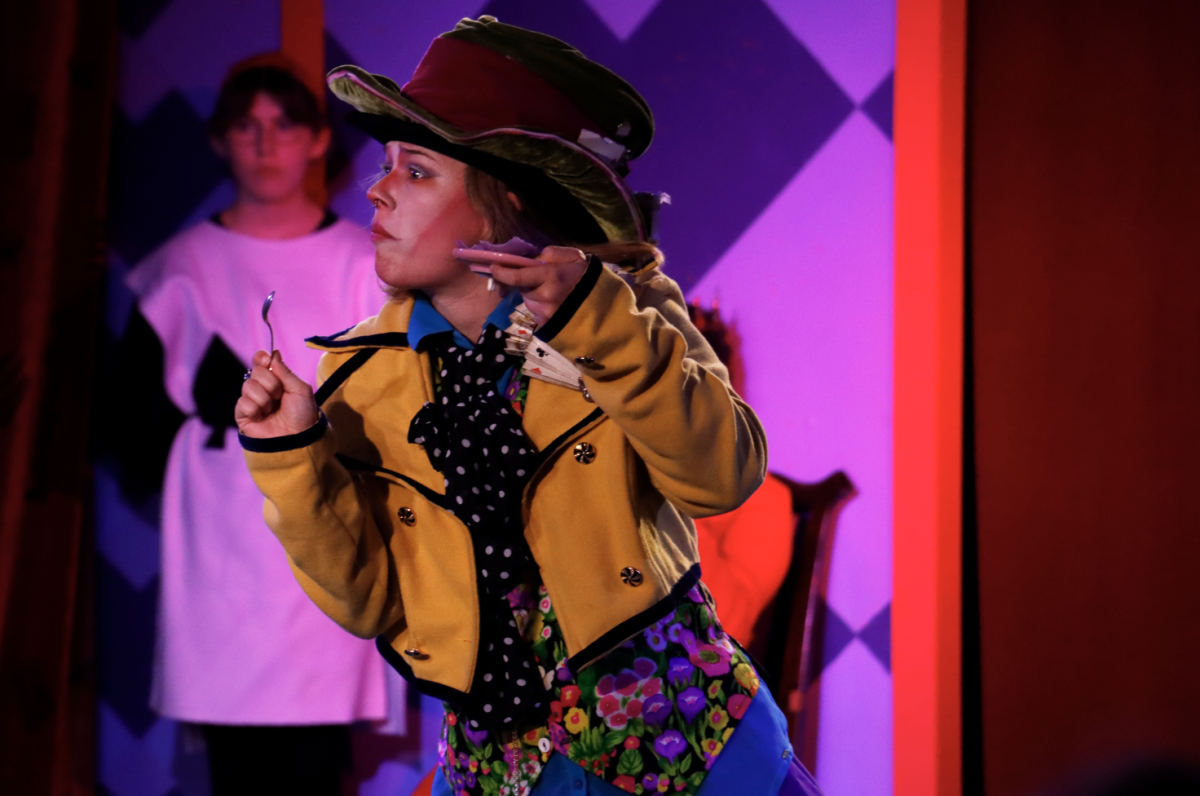
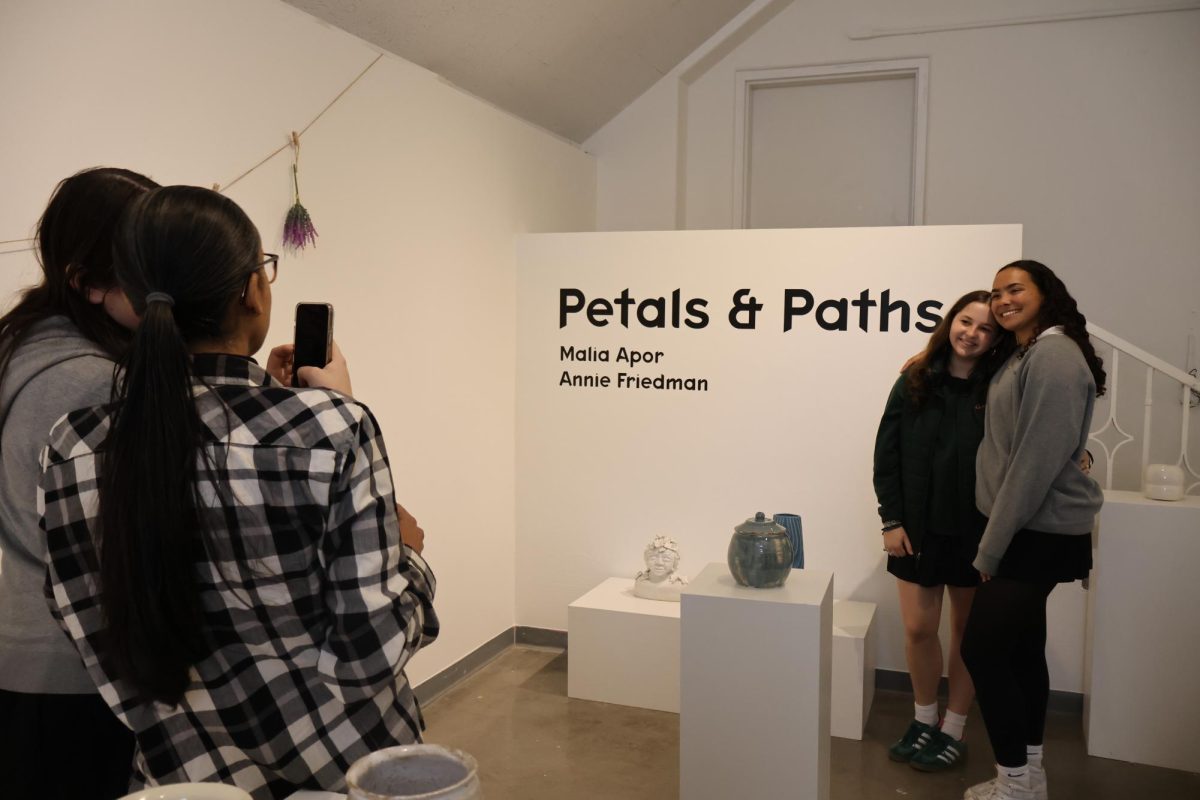
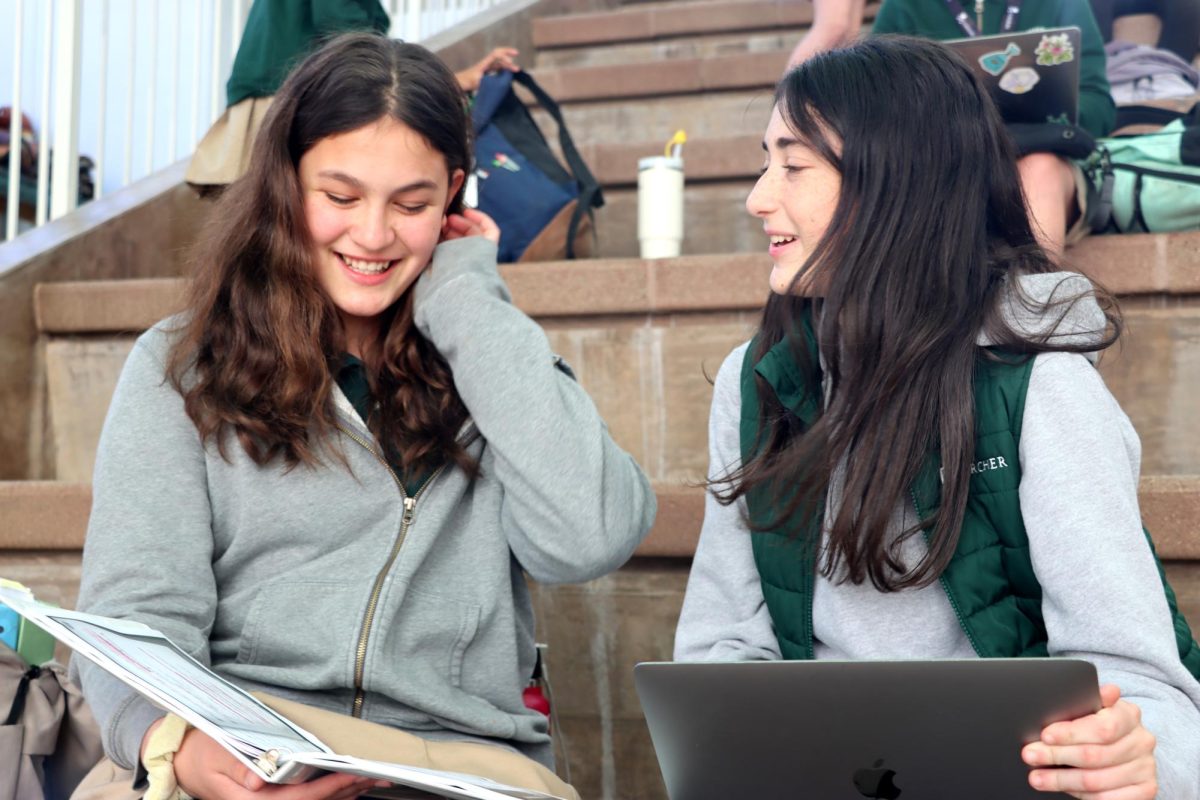






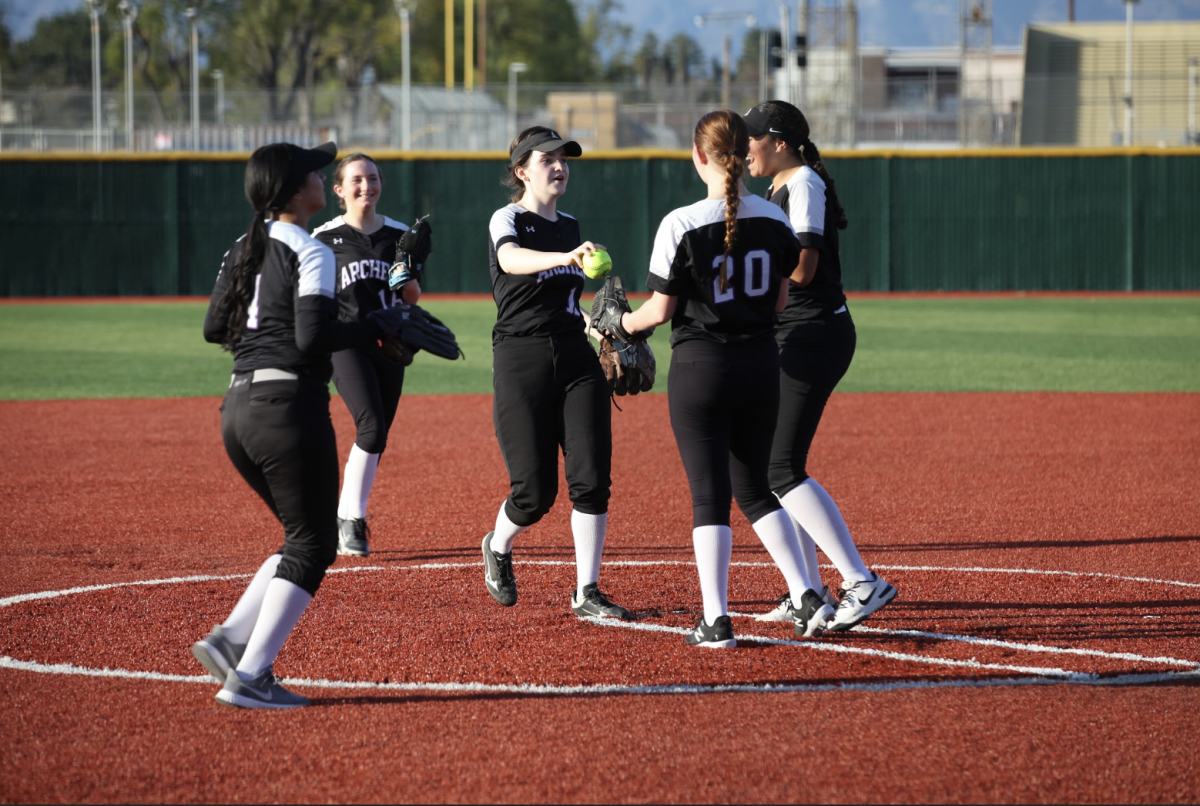



























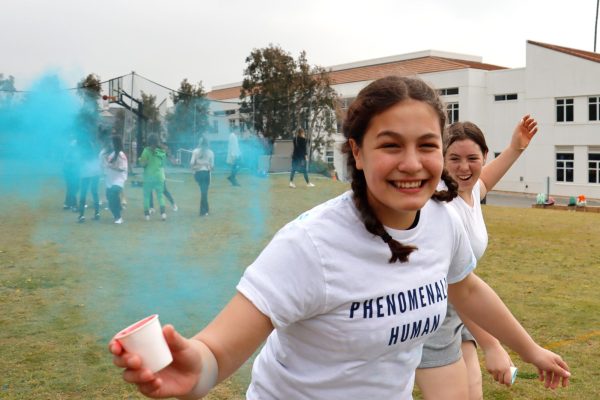
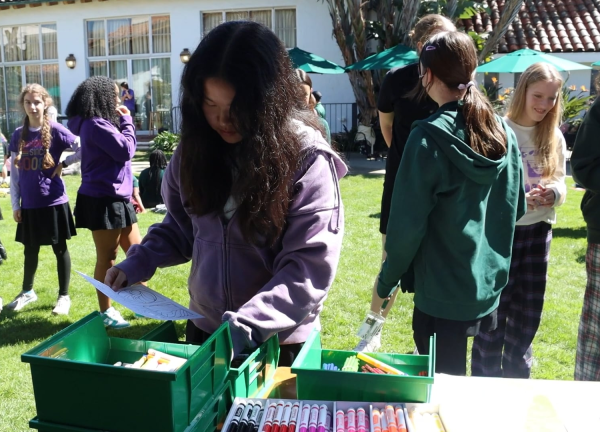
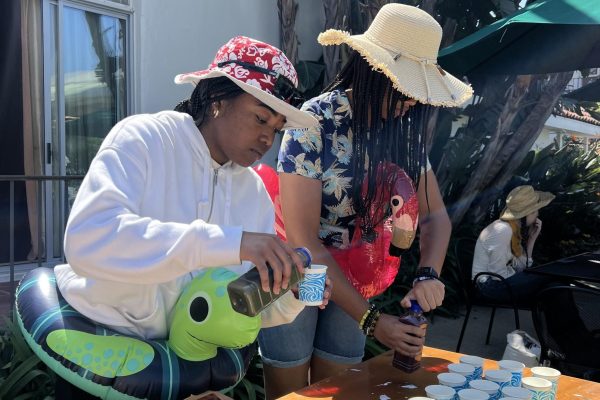
![Freshman Milan Earl and sophomore Lucy Kaplan sit with their grandparents at Archer’s annual Grandparents and Special Friends Day Friday, March 15. The event took place over three 75-minute sessions. “[I hope my grandparents] gain an understanding about what I do, Kaplan said, because I know they ask a lot of questions and can sort of see what I do in school and what the experience is like to be here.](https://archeroracle.org/wp-content/uploads/2024/03/grandparents-day-option-2-600x400.jpg)
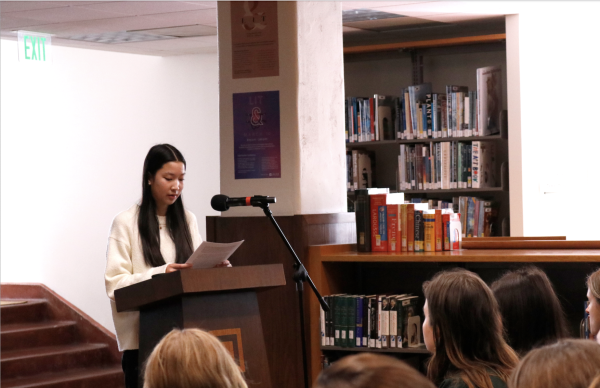
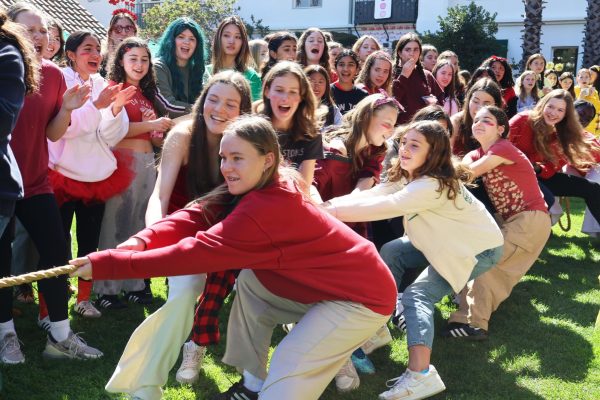


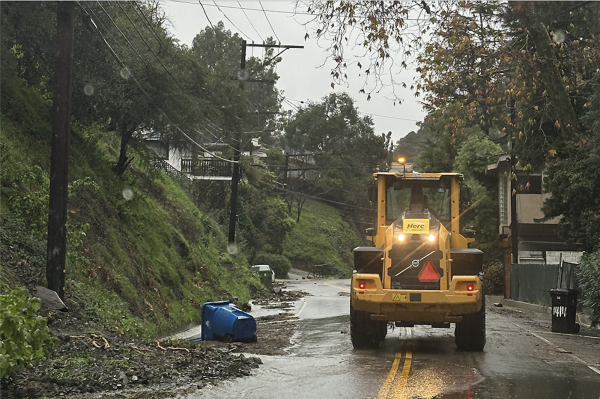
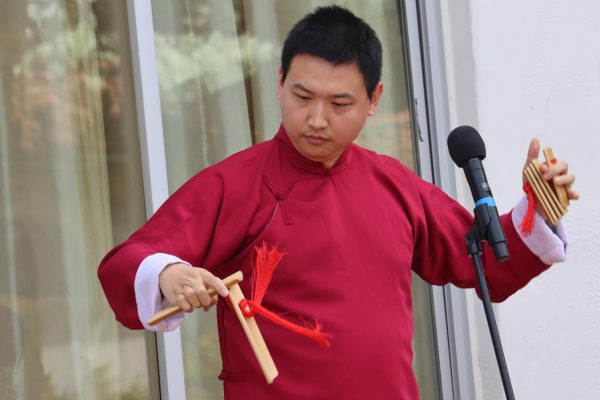
Josie • Mar 14, 2017 at 2:55 pm
Great article! This was very interesting to read! 🙂
Isabella Silvers • Mar 13, 2017 at 6:43 pm
Amazing article you guys!! It really opened my eyes to all of the local political issues I didn’t know about!
Anna Allgeyer • Mar 10, 2017 at 4:28 pm
Thank you for spreading awareness!
Nelly Rouzroch • Mar 9, 2017 at 3:28 pm
Amazing article you guys!!